Article 1 of the Limitation Act, is not applicable to proceedings under the IBC Laws
Article 137 is having a wider scope than Article 1 of the Limitation Act and is not applicable to the proceedings under the Insolvency and Bankruptcy Code. Article 1 is also not applicable to the petition filed by the Operational Creditor under Section 9 of the Insolvency and Bankruptcy Code.

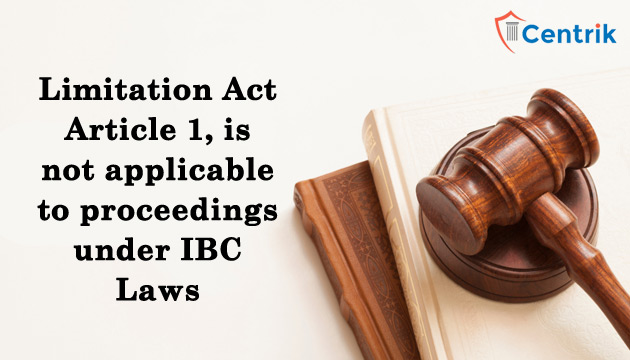

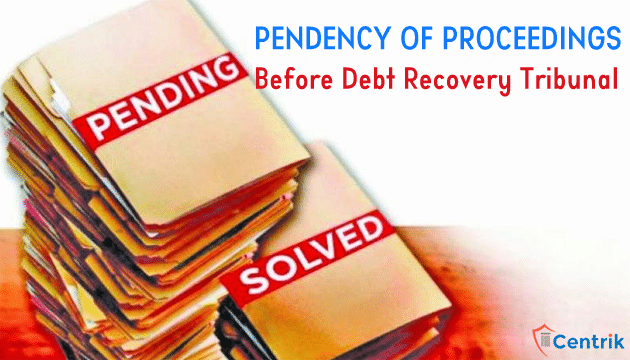
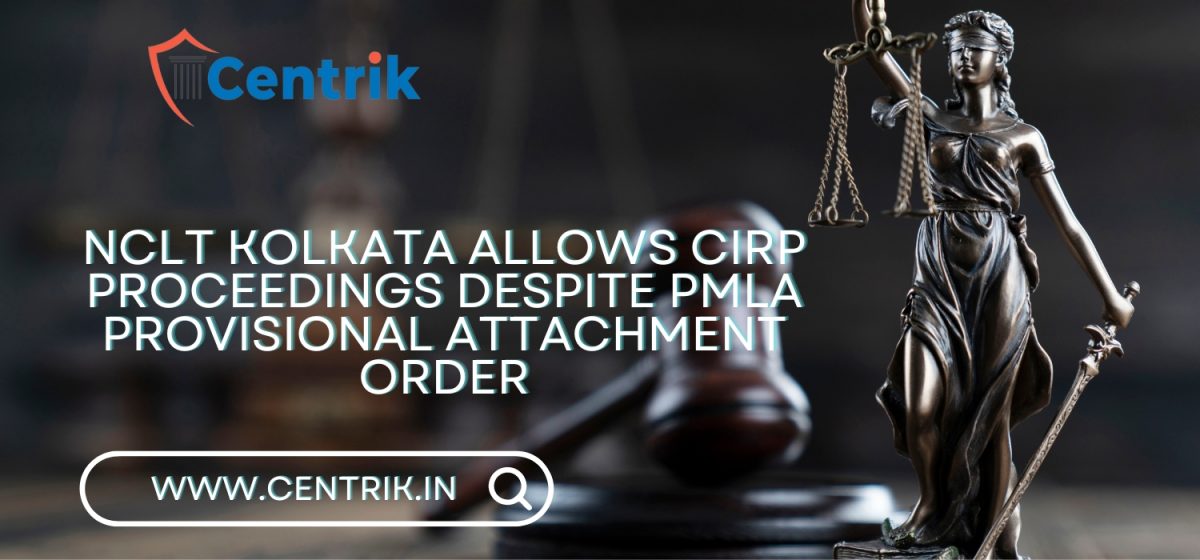

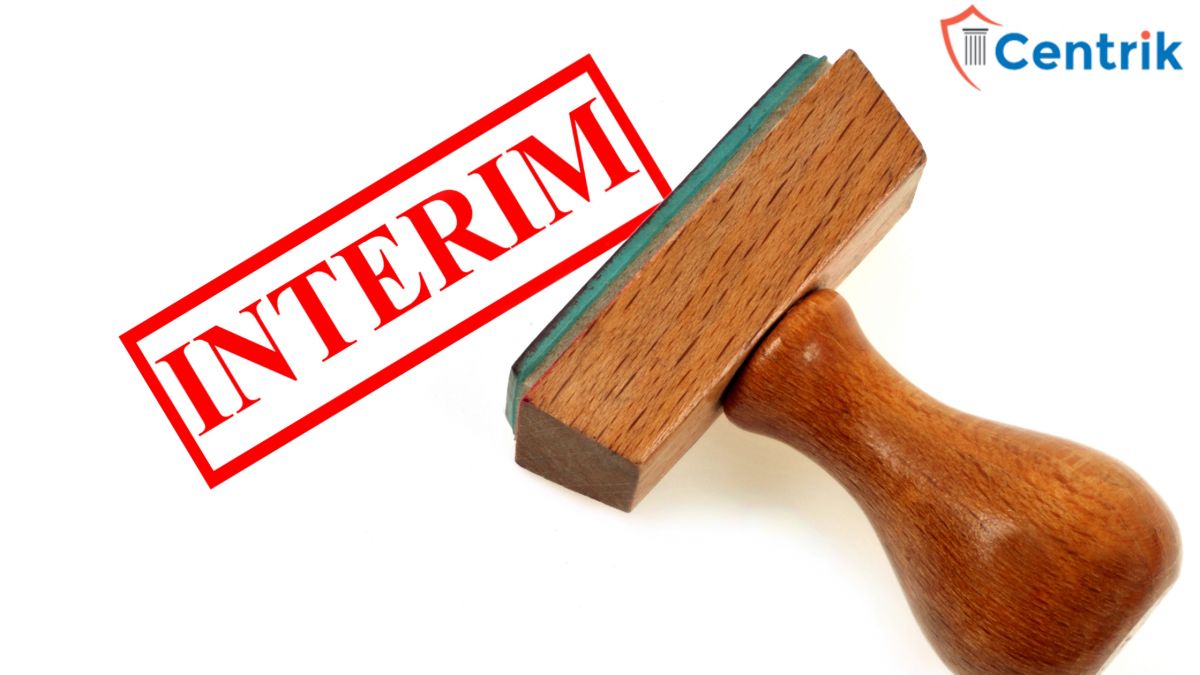
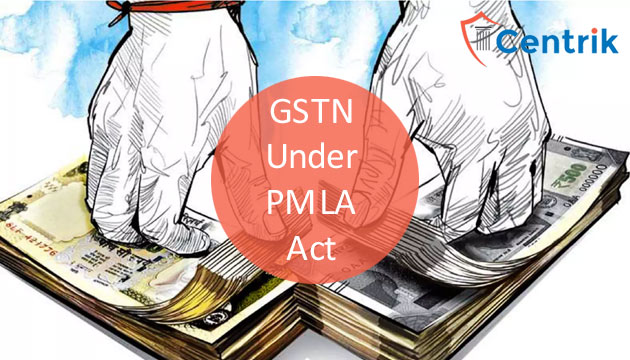
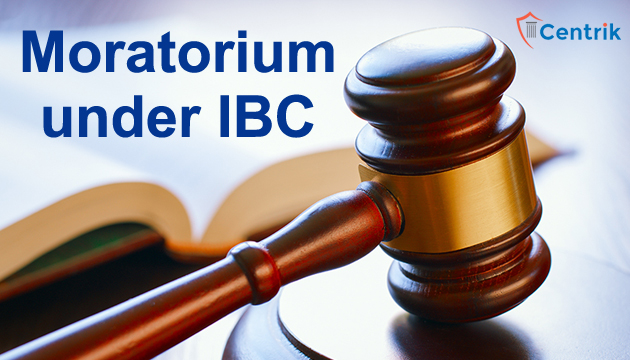

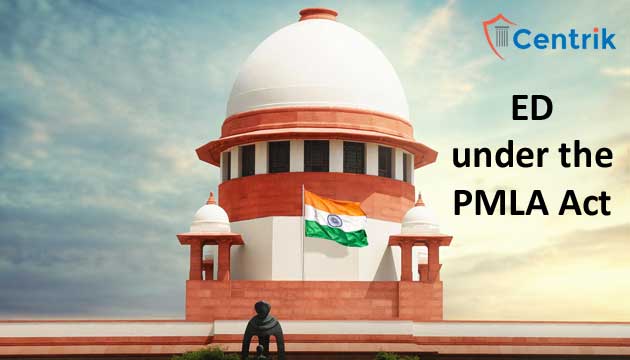



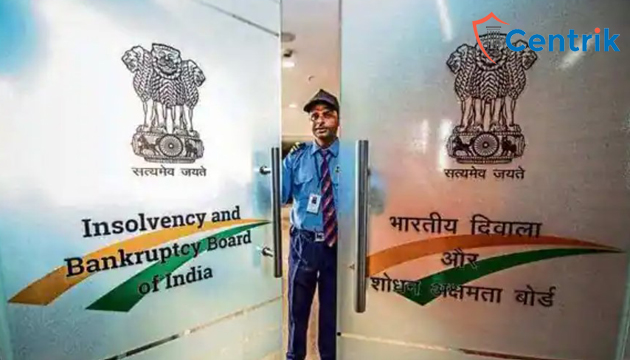

 join For Updates
join For Updates